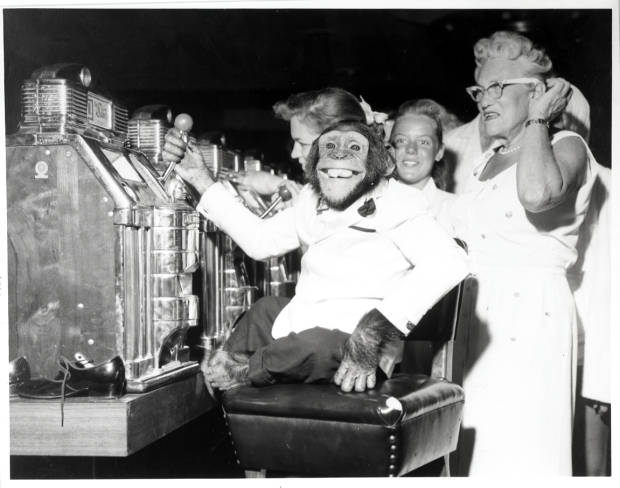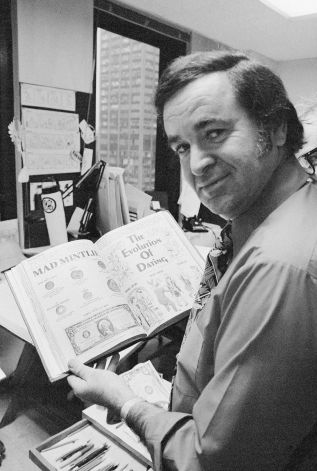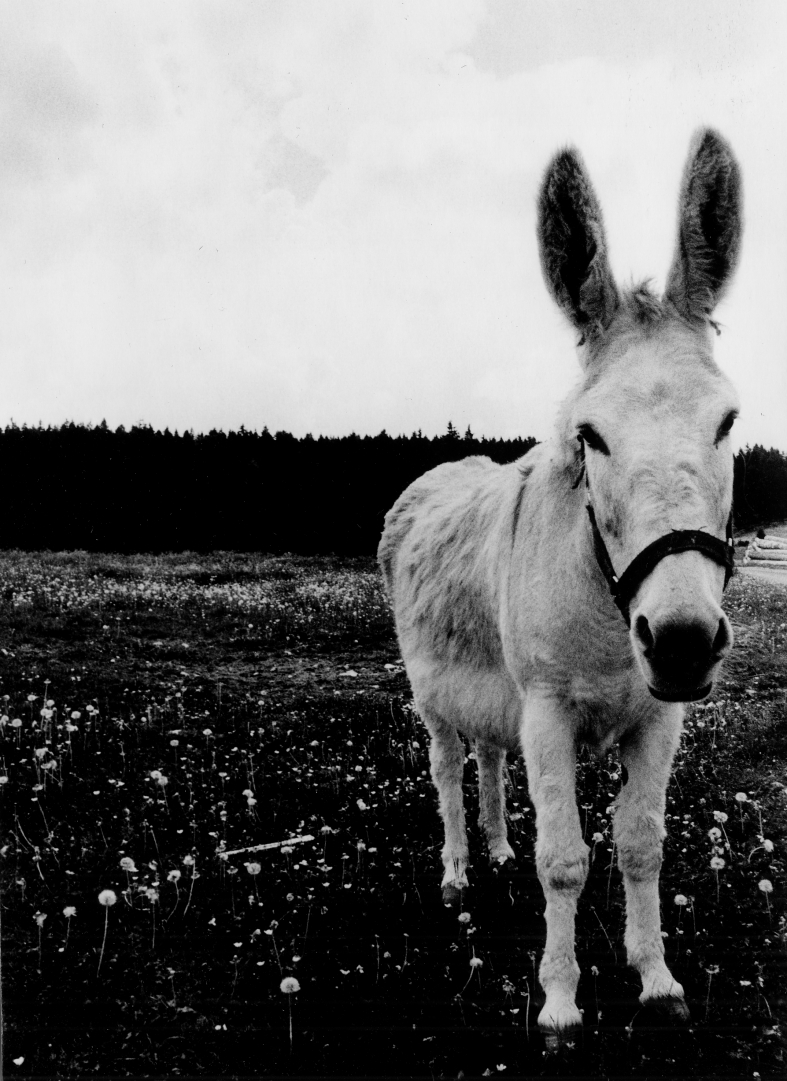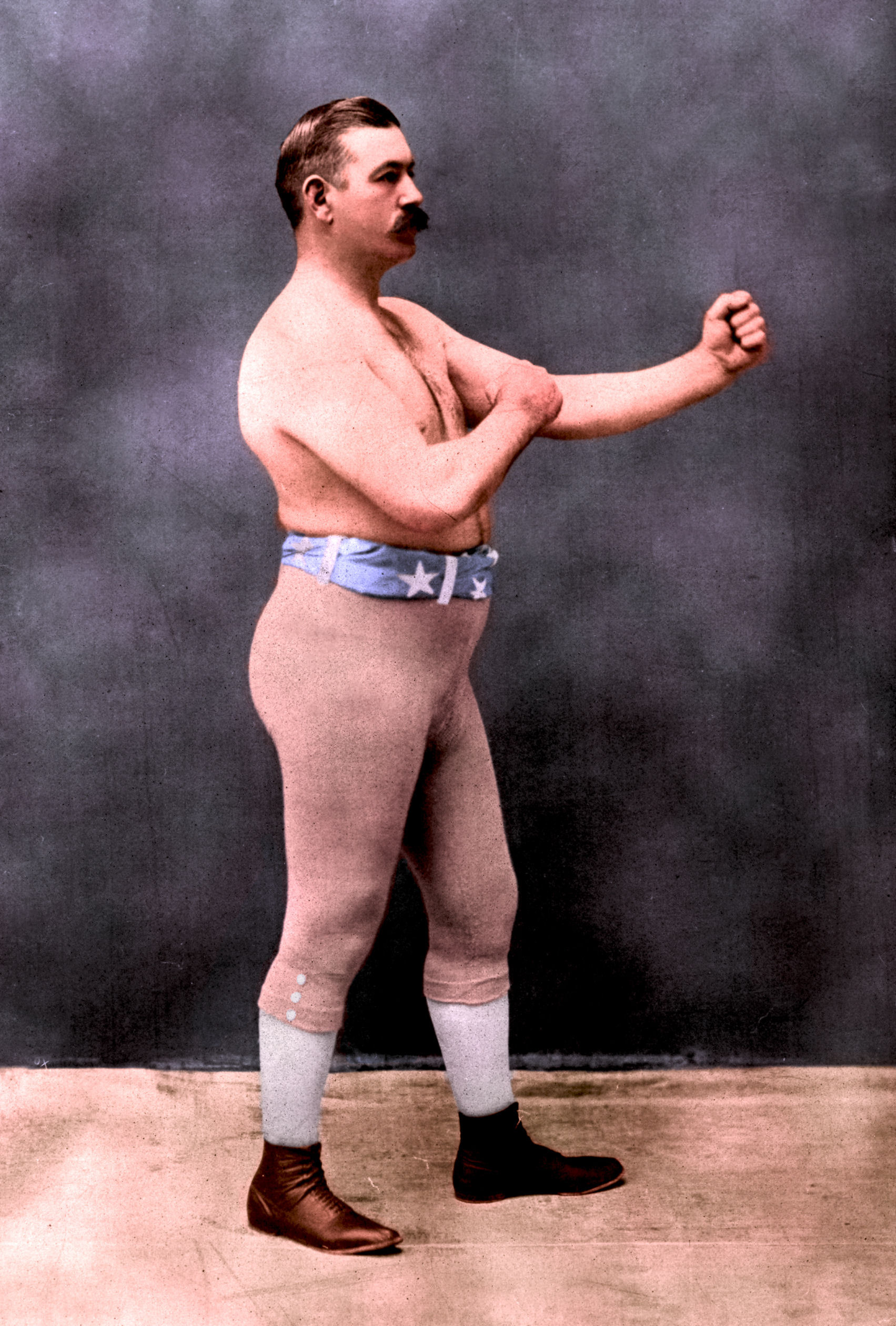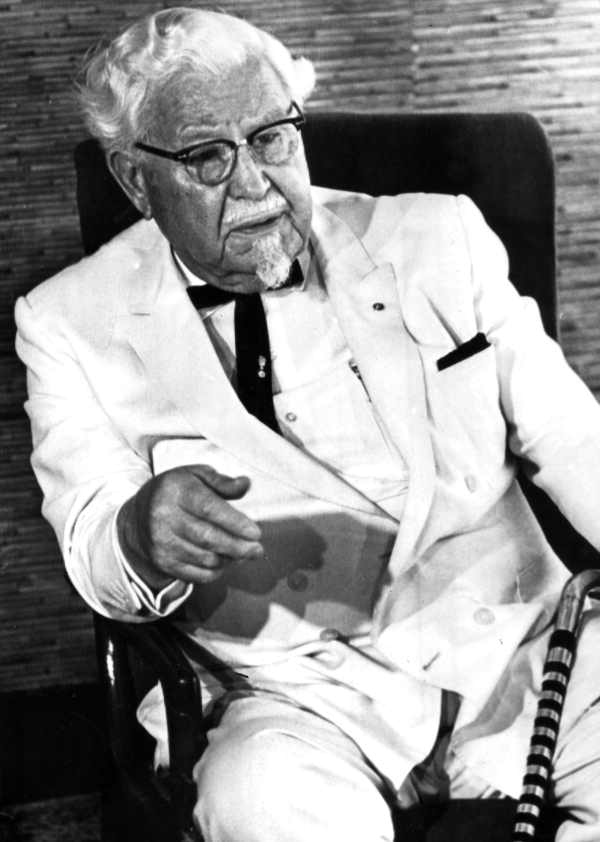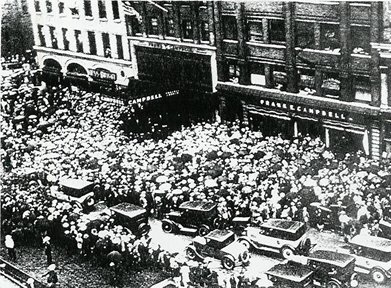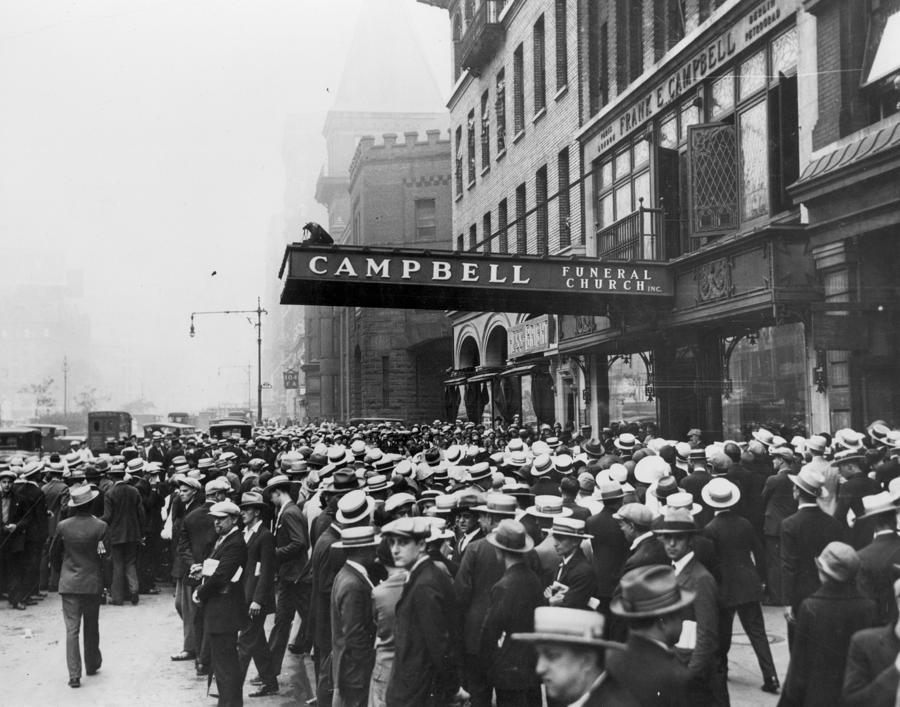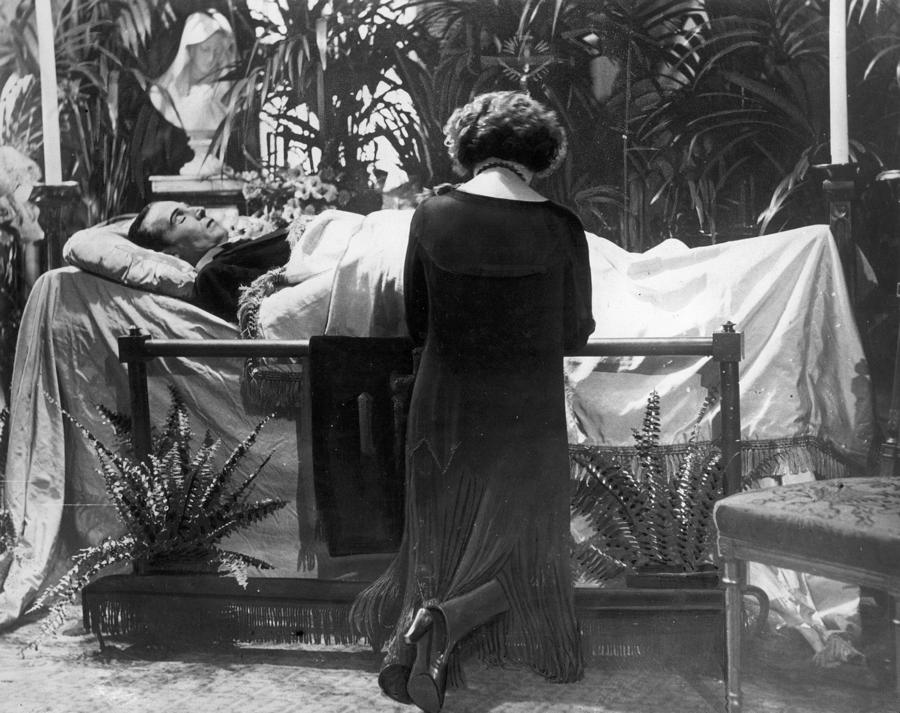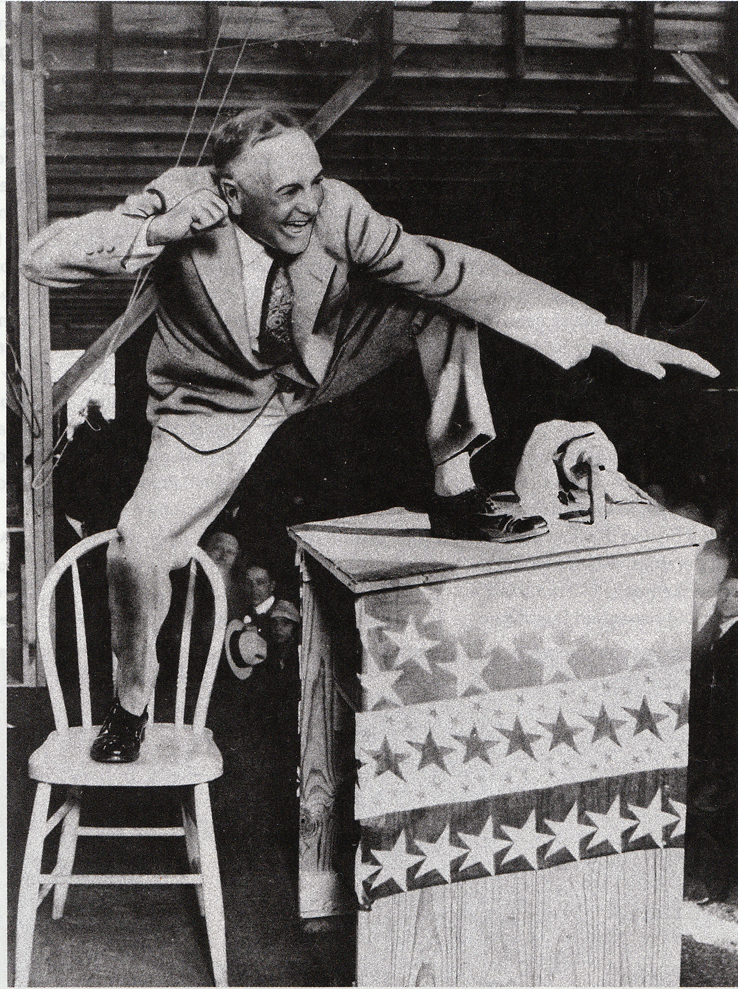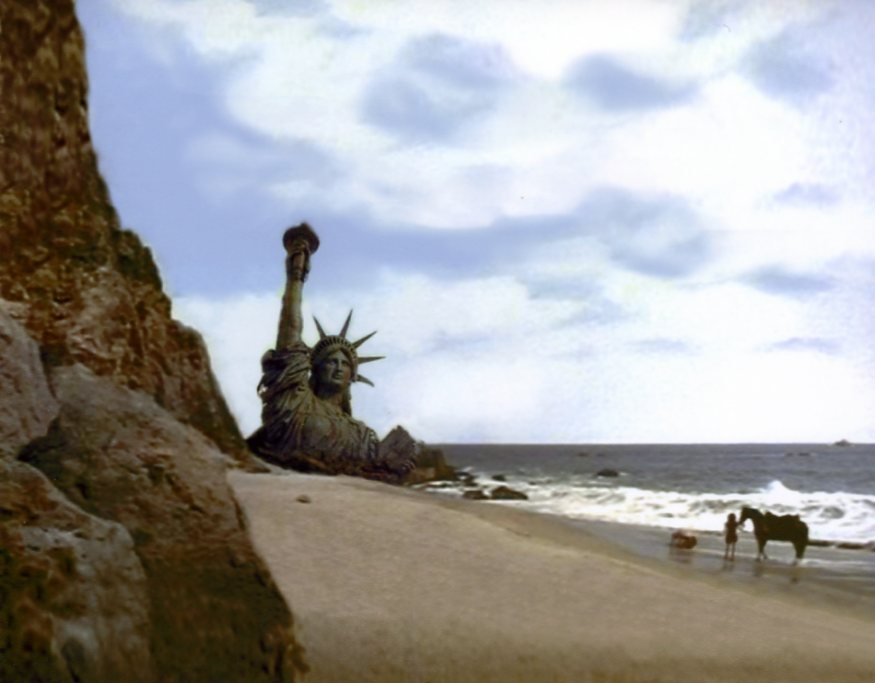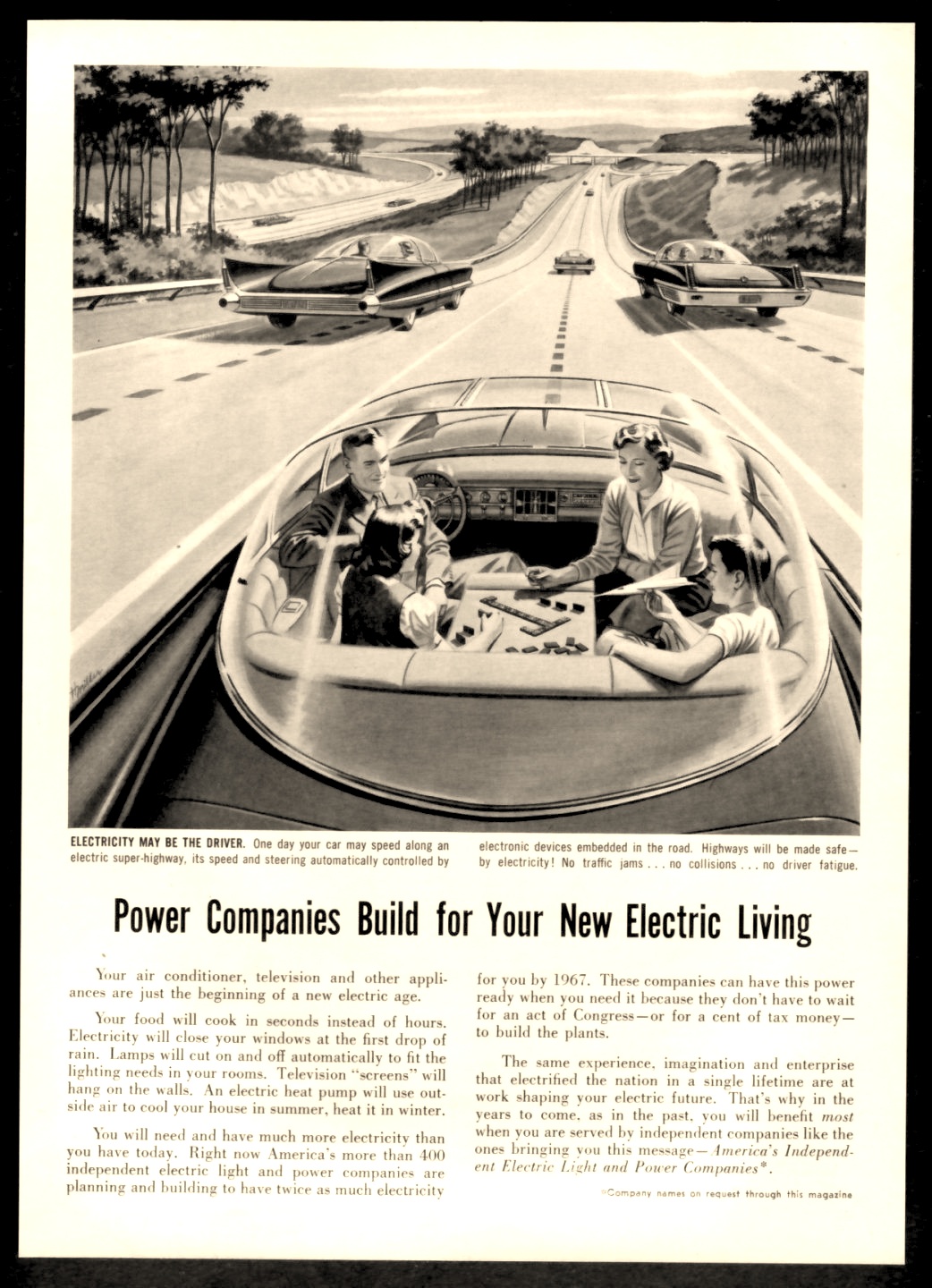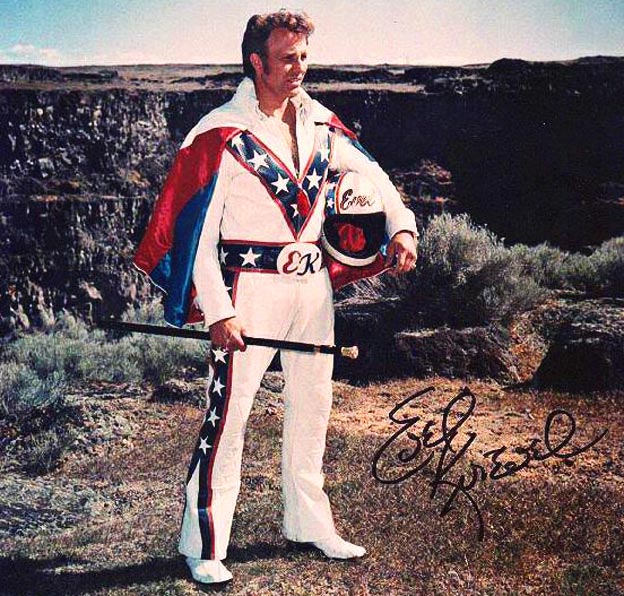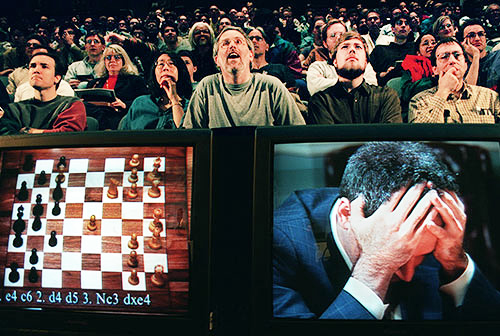
Excerpts from two Sports Illustrated articles about Garry Kasparov tangling with Deep Blue: Th first is a jokey piece supposedly written by the IBM chess computer itself after losing a five-game series to the Russian in 1996, and the second is a matter-of-fact declaration of the rise of the machines in 1997, when the laughter stopped for good.
________________________
From “I Was a Just a Pawn!” February 26, 1996:
“When I was just a chip, my motherboard used to tell me, ‘D.B., if you can’t process something nice, don’t process it at all.’ But Mom never went through what I went through last week, when world chess champion Garry Kasparov humiliated me, an IBM supercomputer, four games to two.
All week I kept hearing these grandmasters and chess nerds saying, ‘Deep Blue’s advantage is that he doesn’t feel pressure, emotion or anxiety.’ Yeah, right. I’d like them to spend a week in my outlet. You want pressure? It took six years to build me, man! They had a five-person team doing nothing but programming me for this one match. I can consider 200 million moves in one second! Kasparov can do, what, one, maybe two? IBM does not put five guys on a project for six years and expect to lose. That’s how you end up at the employee Montessori, with kids sticking jelly doughnuts in your serial ports.
I can hear all the snickering around the office now. I hear the other mainframes calling me Deep Blue It and whispering about how, any day now, the guys in the white coats are going to come and give me the big drag-and-drop. I’ll tell you what: If I had coasters, I’d get over there and teach them all about megahurts.
Sure, I lost, but how come nobody ever mentions that no computer had ever won one single regulation game from a world chess champion before I did? I won the first game from Kasparov. Stick that in your hi-memory! And how about the fact that I wasn’t even in the room with Kasparov the whole match. I wasn’t! They made me stay in this crummy room in Yorktown Heights, N.Y., while some little guy in Philadelphia typed Kasparov’s moves into a desktop and fed them to me through a phone line. Let me ask you this: How good would Troy Aikman be if he had to read defenses from some Marriott 800 miles away? You talk about mo-dumbs.”
________________________
From “Tangled Up in Blue,” May 19, 1997:
“In his 12-year reign as world chess champion, Garry Kasparov has earned a reputation for both brilliance and aggressiveness. He is widely considered the greatest player in history. But on Sunday afternoon, after resigning the sixth and deciding game of his match with the IBM supercomputer known as Deep Blue, Kasparov sat slumped and glassy-eyed as he awaited questions in a midtown Manhattan ballroom. ‘He looks like a DMV photo,’ cracked international master Mike Valvo.
Kasparov’s capitulation shocked everyone, coming just one hour into a game that he needed to draw in order to tie the match. Things had gone much differently 15 months ago, when Kasparov defeated an earlier version of Deep Blue 4-2 in Philadelphia. But since then IBM’s computer scientists had enlisted the help of four grandmasters, and this latest teaming of technology and human intelligence threw Kasparov some curves. In Game 5, for example, no one anticipated that with one of Kasparov’s pawns poised to reach the last file and become a queen, Deep Blue would simply ignore it and launch an attack with its own king. That stunning shift of focus set up a perpetual check and forced Kasparov to offer a draw.
‘The computer will be unbeatable in five or 10 years,’ says Frederick Friedel, an expert on artificial intelligence and computer chess who served as one of Kasparov’s seconds. ‘Garry will understand much more about chess, but he will still lose because he will make mistakes.'”
See also:


